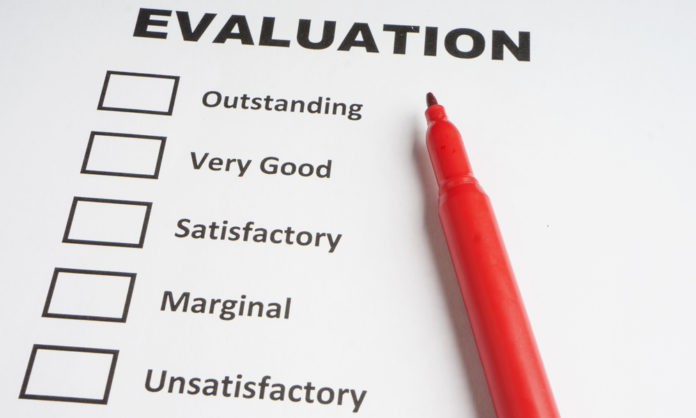Protest challenging agency’s past performance and price reasonableness evaluations as well as the best value tradeoff is denied. The protester argued that the agency erred in finding some of the awardee’s past performance references somewhat relevant. The court, however, determined that the references were, in fact, somewhat relevant. The protester also claimed that the agency botched the price reasonableness evaluation, but the agency evaluated price in accordance with the solicitation. The protester further contended the agency applied unstated criteria in the best value tradeoff. The things the agency considered, however, were intrinsic to the solicitation, not unstated criteria.
The Air Force issued a solicitation for the construction and maintenance of airfields on remote Pacific islands. Two offerors, Defense Base Services, Inc. (DBSI) and ASRC Communications Ltd., submitted proposals. The Air Force found that both offerors had similar technical ratings. But ASRC had a higher past performance rating than DBSI. The Air Force awarded the contract to ASRC, finding that the company’s higher past performance rating justified its higher price. DBSI protested the award with the Court of Federal Claims.
DBSI first argued that the Air Force erroneously found that ASRC’s past performance references were somewhat relevant. DBSI contended that the references were not geographically similar to the locations at issue in the procurement in terms of logistical, resource, and environmental complexity.
The court disagreed with DBSI, noting that the Air Force only found ASRC’s references somewhat relevant, meaning that they involved some of the scope of and magnitude of the effort contemplated by the solicitation. DBSI was essentially trying to argue that the Air Force had found the references, “relevant” rather than “somewhat relevant.” The court found that the Air Force rationally considered ARSC’s past performance and provided a reasonable basis for its conclusions. The references contained some of the scope of work contemplated by the solicitation.
DBSI also contended that the Air Force’s price reasonableness evaluation was flawed. DBSI asserted that the solicitation required the Air Force to evaluate the price elements of ASRC’s proposal, and that the agency failed to do so.
The court was not persuaded. The solicitation did not require the Air Force to specifically evaluate the reasonableness of individual price elements. DBSI had not pointed to any language in the solicitation that required such an analysis. The Air Force evaluated reasonableness by considering whether there was adequate price competition on the Total Evaluated Price level as contemplated by the solicitation. The Air Force also considered whether there were anomalies in individual price elements by consulting market research. The court declined to find this analysis arbitrary and capricious.
DBSI raised additional objections to the best value analysis. First, it claimed that the best value tradeoff was not adequately documented. DBSI contended that the Air Force needed to better explain why ASRC’s past performance advantage was worth its 9% price premium
The court noted that while the best value determination was less than two pages, the SSA incorporated the evaluation results and further consulted with the source selection evaluation board and other advisors to make his own assessment. While ASRC’s past performance rating was a discriminator, it was the combination of ASRC’s non-price factors that warranted 9 % premium.
DBSI also argued that the Air Force improperly considered unstated criteria in making the tradeoff. Specifically, DBSI alleged that the Air Force considered the distance of the islands and limited supply chains even though those factors were not listed in the solicitation’s evaluation criteria.
But the court noted that distance and supply chains were either mentioned in the solicitation or intrinsic to the evaluation factors. The fact that the Air Force considered the value of ASRC’s offer in the context of locations and environment for performance was consistent with the requirements in the solicitation, not unstated criteria.
DBSI is represented by Douglas L. Patin, Patrick R. Quigley, Lisa A, Markman, and Sarah S. Osborne. The intervenor, ASRC, is represented by Kevin P. Mullen and Caitlin A. Crujido. The government is represented by Russell J. Upton, Joseph H. Hunt, Robert E. Kirschman, Jr., and Douglas K. Mickle of the Department of Justice as well as Colby L. Sullins of the Air Force.





